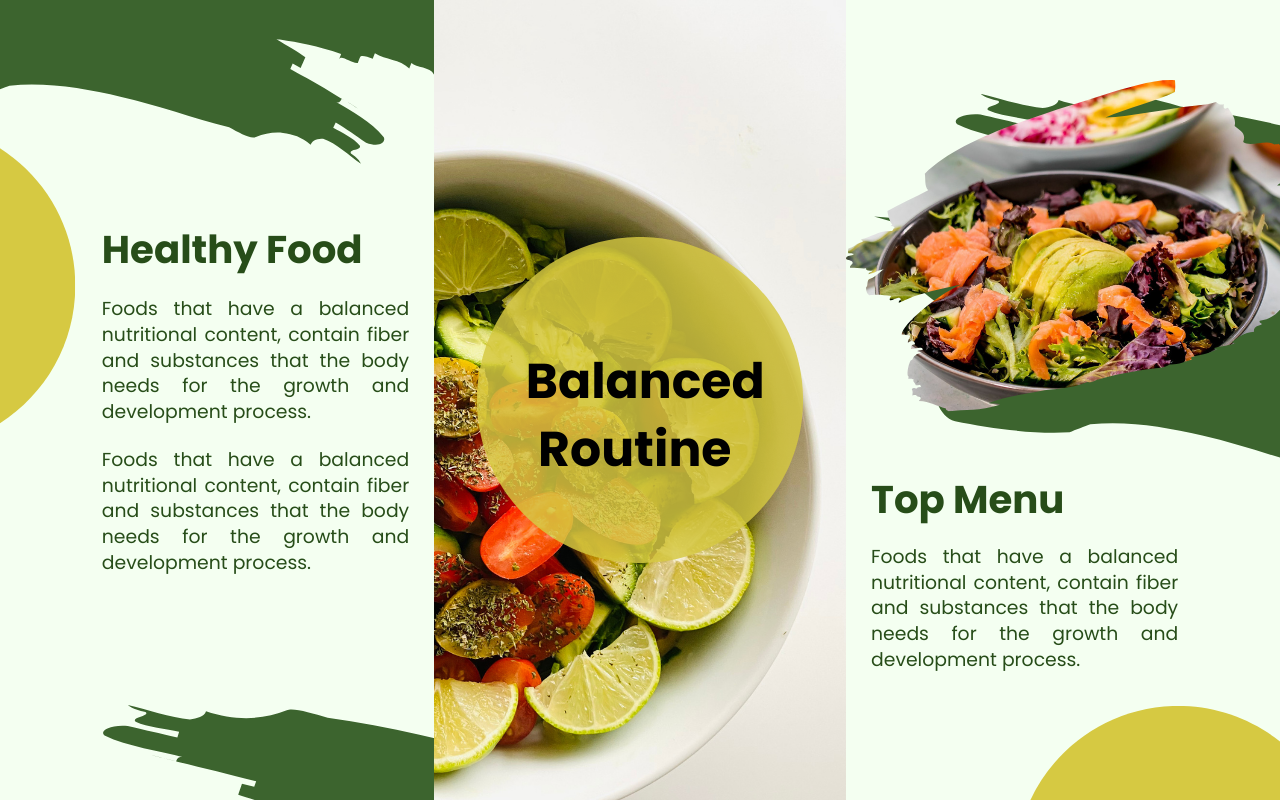Staying hydrated is essential for your overall health, but how much water do you really need to drink each day? It’s a common question, and the answer may not be as simple as the often-quoted “eight glasses a day” rule. Various factors, such as age, activity level, climate, and health conditions, can influence how much water your body requires. In this article, we will dive into the science behind hydration, explore how much water you should drink daily, and dispel some common myths.
Why Hydration is Important
Water is vital for numerous functions in the body. It helps regulate body temperature, lubricates joints, assists in digestion, and transports nutrients. Without enough water, your body cannot function at its best. Dehydration can cause fatigue, dizziness, dry skin, headaches, and even more severe health issues if left unchecked.
The “Eight Glasses a Day” Myth
You’ve probably heard the advice to drink eight 8-ounce glasses of water a day, also known as the “8×8” rule. While this can be a helpful guideline, it doesn’t apply to everyone. This one-size-fits-all recommendation fails to consider differences in age, body size, physical activity, and climate conditions. For instance, someone who works outdoors in a hot climate will need more water than someone who spends most of their day indoors.
How Much Water Do You Actually Need?
The National Academies of Sciences, Engineering, and Medicine recommend a daily water intake of about 3.7 liters (125 ounces) for men and 2.7 liters (91 ounces) for women. However, this total includes all fluids consumed, not just water. This means beverages like coffee, tea, and juice, as well as moisture from foods like fruits and vegetables, contribute to your daily hydration needs.
Factors That Affect Water Intake
- Body Size: Larger people generally require more water than smaller individuals. Body composition also matters, as muscle tissue holds more water than fat tissue.
- Physical Activity: If you exercise regularly, especially in hot weather, your body loses water through sweat. You’ll need to replenish fluids lost during physical activity to stay hydrated.
- Climate: Hot and humid environments increase your need for water. Even in cold climates, your body can lose moisture through the air you breathe, especially at higher altitudes.
- Health Conditions: Conditions like fever, diarrhea, vomiting, or kidney issues can increase your body’s need for fluids. Pregnant or breastfeeding women also need more water to stay hydrated.
- Diet: High-protein or high-fiber diets require more water to process the nutrients. Caffeine and alcohol are diuretics, meaning they increase urine output, so you may need extra water if you consume a lot of these beverages.
Signs of Dehydration
Listening to your body is key when it comes to staying hydrated. Here are some common signs of dehydration:
- Thirst: This is your body’s way of telling you that you need more water. Don’t wait until you’re extremely thirsty to drink water, as thirst can be a late indicator of dehydration.
- Dark Urine: If your urine is dark yellow or amber, it’s a sign that you may not be drinking enough water. Ideally, urine should be pale yellow or clear.
- Fatigue: Feeling sluggish or tired can sometimes be a result of dehydration. Water helps maintain energy levels throughout the day.
- Dry Mouth and Skin: If your mouth feels dry or your skin lacks elasticity, it could be a sign that your body is craving more fluids.
Can You Drink Too Much Water?
While dehydration is more common, it’s also possible to drink too much water, a condition known as hyponatremia. This happens when the body’s sodium levels become too diluted, causing cells to swell. Symptoms can range from nausea and headaches to confusion and, in severe cases, seizures. Athletes who drink excessive amounts of water during endurance events are at a higher risk for this condition. To avoid overhydration, listen to your body and avoid drinking excessive amounts of water in a short period.
How to Stay Properly Hydrated
Here are some practical tips to help you stay properly hydrated throughout the day:
- Carry a Water Bottle: Keeping a water bottle with you makes it easier to drink water throughout the day.
- Set Reminders: If you often forget to drink water, set a timer on your phone or use an app to remind you to hydrate regularly.
- Eat Water-Rich Foods: Fruits and vegetables like cucumbers, oranges, and watermelon have high water content and can help you meet your hydration needs.
- Monitor Your Urine: Checking the color of your urine is a simple and effective way to monitor hydration. Pale yellow or clear urine indicates proper hydration.
- Drink Before Meals: Drinking a glass of water before meals can help with digestion and ensure that you’re consistently hydrating throughout the day.
FAQs About Daily Water Intake
Q: Do I need to drink more water if I exercise?
A: Yes, physical activity increases the need for water, especially if you sweat a lot. It’s important to drink water before, during, and after exercise to stay hydrated.
Q: Does coffee or tea count toward my daily water intake?
A: Yes, beverages like coffee and tea do count toward your fluid intake. However, since caffeine is a diuretic, excessive consumption may increase fluid loss.
Q: Can drinking water help with weight loss?
A: Drinking water before meals can help you feel fuller, potentially reducing calorie intake. Staying hydrated also supports metabolism and digestion, which are important for weight management.
Q: Is it better to drink cold or room temperature water?
A: This is mostly a matter of personal preference. However, cold water can be more refreshing and may help lower your body temperature during hot weather or after exercise.
Conclusion
There is no one-size-fits-all answer to how much water you should drink each day. Factors like body size, activity level, and climate all play a role in determining your hydration needs. Paying attention to your body’s signals, like thirst and urine color, can help you maintain the right balance. Remember that staying hydrated is essential for your overall health, so make drinking water a part of your daily routine.



